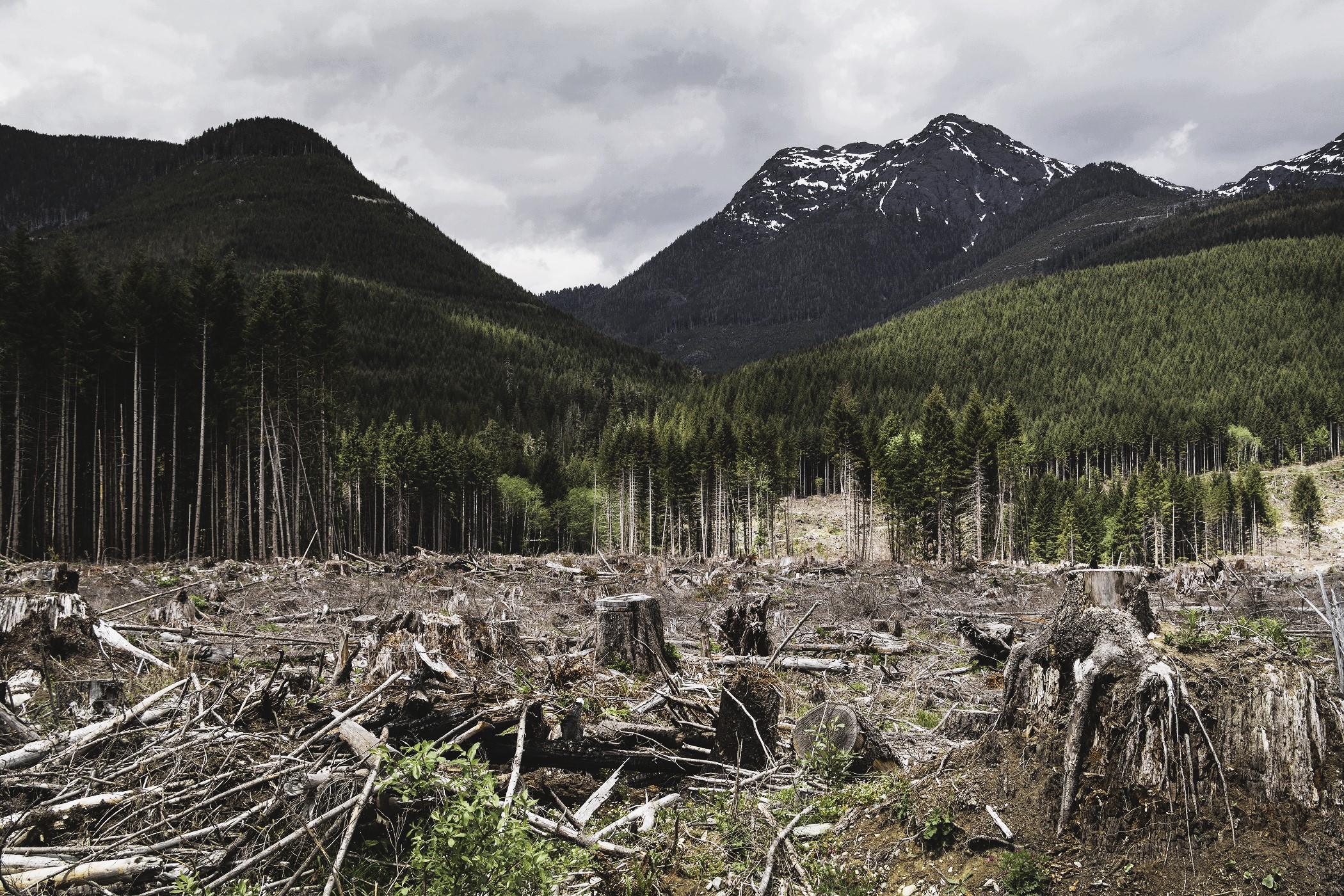Forests are a vital part of Ontario’s natural landscape, providing numerous ecological, economic, and social benefits. Sustainable forestry practices are crucial for preserving these valuable resources for future generations. This article explores the concept of sustainable forestry in Ontario, highlighting the importance of responsible management, conservation efforts, and the role of standards and regulations in ensuring the preservation of the province’s forests.
Understanding Sustainable Forestry:
Sustainable forestry is a holistic approach to managing forest resources to meet the needs of the present without compromising the ability of future generations to meet their own needs. It encompasses responsible forest management practices that aim to balance ecological, economic, and social considerations. Sustainable forestry ensures the long-term health and productivity of forest ecosystems while providing for sustainable timber production, biodiversity conservation, and the maintenance of ecosystem services. How does plastic affect the environment? We have an article called Extraction and Sources of Plastic.
Forest Management Planning:

Central to sustainable forestry is the development and implementation of forest management plans. These plans consider the ecological characteristics of the forest, species diversity, and habitat conservation. They also integrate economic considerations, such as timber harvesting, while ensuring the maintenance of water quality, soil health, and overall ecosystem integrity. Forest management plans often involve collaboration among stakeholders, including Indigenous communities, government agencies, industry representatives, and environmental organizations.
Conservation and Biodiversity:
Sustainable forestry practices prioritize the conservation of biodiversity within forest ecosystems. This includes protecting rare and endangered species, maintaining healthy forest habitats, and promoting natural regeneration processes. Through careful forest planning, the identification and protection of ecologically significant areas, and the implementation of sustainable logging practices, Ontario’s forests can sustainably support a wide range of plant and animal species.
Forest Certification and Standards:
Forest certification is an essential component of sustainable forestry, providing independent verification that forests are managed according to recognized standards and practices. Certifications such as the Forest Stewardship Council (FSC) and the Sustainable Forestry Initiative (SFI) ensure that timber products come from responsibly managed forests. These certifications promote transparency, accountability, and the conservation of biodiversity, while also considering social and economic factors.
To understand the detailed standards and regulations associated with sustainable forestry, you can refer to the Wikipedia page dedicated to sustainable forest management: Sustainable Forest Management – Wikipedia

Community Engagement and Education:
Sustainable forestry requires active community engagement and education. By involving local communities in forest management decisions, their perspectives and traditional knowledge can contribute to more sustainable practices. Educational initiatives, workshops, and public awareness campaigns play a crucial role in promoting responsible forest stewardship, fostering an understanding of the value of forests, and encouraging individuals to make informed choices that support sustainable forestry practices.
Conclusion:
Sustainable forestry in Ontario is essential for preserving the province’s natural resources, maintaining biodiversity, and supporting the well-being of communities. By implementing responsible forest management practices, adhering to recognized standards and certifications, and fostering community engagement and education, Ontario can ensure the long-term sustainability of its forests. These efforts will not only protect the ecological integrity of the province but also contribute to the social and economic prosperity of future generations.

